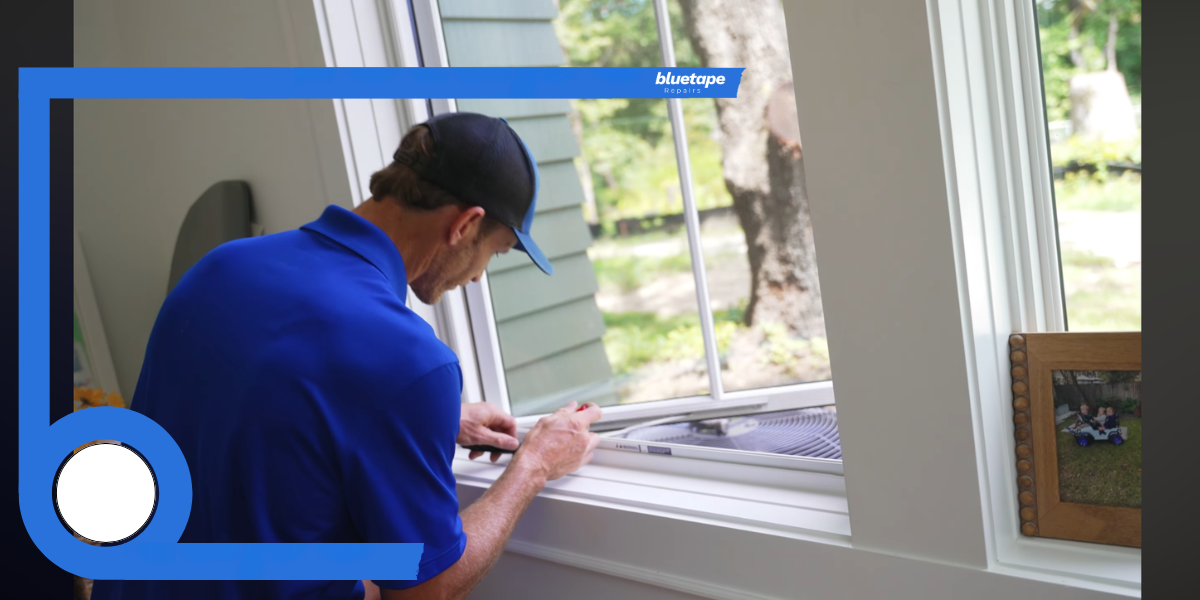2025 Real Estate Repair Report: What the Industry Research Reveals
Read Time 5 mins | Written by: Chris Lambert

Key Takeaways
Repair coordination affects deal outcomes and client trust at exceptional levels, yet real estate repair workflows have never been studied systematically. The 2025 Real Estate Repair Report documents how agents currently manage pre-listing repairs, inspection repairs, and move-in repairs—revealing where inefficiencies exist and what operational improvements matter most. With only 18% of agents following a defined process despite repairs affecting 68% of transactions, this is the first data-driven baseline for standardizing real estate repair coordination.
Real estate professionals manage repairs on the majority of their transactions, yet repair coordination remains one of the least systematized operational functions in the industry. Our 2025 Real Estate Repair Report documents what agents, brokers, and transaction coordinators are actually doing—and what they need to optimize repair workflows.
Why This Report Matters
Repair coordination affects deal timelines, client trust, and transaction outcomes. Yet only 18% of respondents had a defined process for handling repairs from one transaction to the next. The report fills this gap by providing data-driven benchmarks for real estate repair workflows across pre-listing repairs, inspection repairs, and move-in repairs.
In today's market, home inspection and repair issues cause 70% of deal cancellations, and 15.1% of home-purchase agreements fell through in August 2025—the highest rate on record.
Individual agents, brokerages, and repair management professionals will find specific insights about repair coordination efficiency, vendor satisfaction gaps, and what infrastructure improvements matter most. The research is based on responses from experienced real estate professionals—agents, brokers, and transaction coordinators—across multiple U.S. markets. A majority have 7 or more years in the industry and close at least 10 deals per year.
Learn more about why real estate deals fall through and what agents can do about it.
What's Inside
Workflow Realities
The report documents how agents currently manage real estate repairs, the time investment required, and where process standardization exists. Time spent on repair coordination ranges from under an hour to over six hours per transaction, with substantial variance suggesting process consistency directly affects efficiency. Building a systematic repair workflow is essential for agents looking to reclaim time and improve operational efficiency.
Satisfaction Gaps
Vendor performance analysis reveals where current repair solutions deliver and where they systematically fall short. Quality of work ranks high. Operational speed ranks low. The data identifies specific dimensions where agents experience dissatisfaction and why, insights that align with broader trends showing buyers gain leverage while pre-listing updates surge in response to market pressures.
Repair Management Priorities
When agents evaluate repair partners, they prioritize speed of estimates, consistency of repair teams, and consolidated communication. The report documents agent preferences across multiple dimensions and reveals what infrastructure improvements would have the most operational impact.
The Importance of Repairs
Repair coordination shapes client trust at exceptional levels (9.26 out of 10 importance). The report explores how pre-listing repairs, inspection repairs, and move-in repairs each affect transaction success and deal protection. It also documents the prevalence of repair-related transaction delays and their connection to deal outcomes.
With pre-listing inspections on the rise in 2025, agents who systematize their repair approach gain significant competitive advantages.
Modernization Opportunities
The research reveals infrastructure gaps in current repair coordination systems and identifies specific capabilities that would drive adoption. It also highlights a market blind spot in move-in repair coordination—an underserved opportunity with significant potential.
Report Insights
- Repair coordination is universal but processes are fragmented. Only 18% of agents follow a defined, repeatable process despite repairs touching 68% of transactions.
- Estimate speed is the critical gap. Agents rank it as their #1 priority for repair partners, yet only 46% are satisfied with estimate turnaround from current vendors—the lowest vendor satisfaction metric measured.
- Agents want consolidation over technology. When asked about desired partner features, agents prioritized fast estimates, consistent teams, and one point of contact. Digital platforms ranked last at 0%.
- Time investment is substantial and varies widely. Nearly a third of agents spend 6+ hours per deal coordinating repairs, yet agents with systematic processes spend significantly less.
- Move-in repairs remain underserved. Agents deprioritize move-in repair support, yet buyers still need repairs coordinated during closing. This creates a missed opportunity for differentiation.
Who Should Read This
Individual agents looking to benchmark their real estate repair workflows and identify efficiency improvements will find specific, actionable insights. Brokerages considering repair coordination as a competitive differentiator will see the operational and recruitment value it represents. Professionals in the repair industry will understand the market opportunities and what real estate agents actually prioritize when selecting repair partners.
The report provides data-driven context for understanding repair coordination as a critical—and largely underinvestigated—transaction function.
Download the Full Report
The complete 2025 Real Estate Repair Report includes detailed analysis of real estate repair workflows, vendor satisfaction benchmarks, agent priorities, and industry modernization opportunities.

